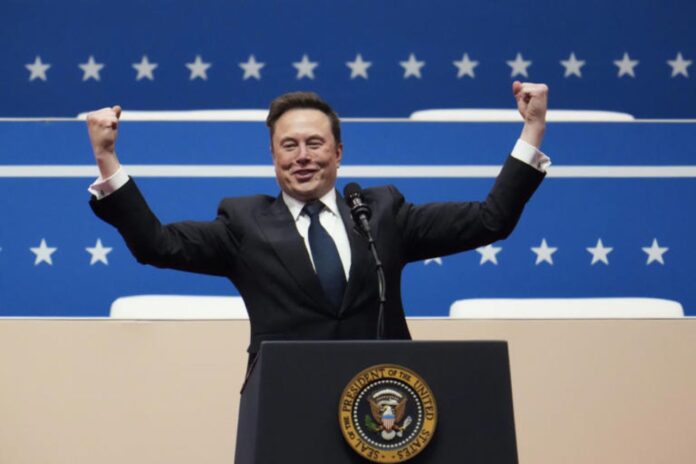Imagine walking into one of the world’s largest science and technology museums, ready to marvel at humanity’s journey into space. Among the exhibits, a display honors visionaries of space exploration—past and present. But then, something catches your attention: a prominent figure is missing. That’s exactly what happened at the Deutsches Museum in Munich, Germany, where a panel featuring Elon Musk was recently removed. Why? Let’s break it down.
A Tribute to Visionaries—or Not?
The museum’s “Astronautics” exhibition once celebrated great minds who shaped space exploration, like German rocket pioneer Hermann Oberth and SpaceX founder Elon Musk. But here’s the catch: honoring a living person isn’t always straightforward. According to the museum, presenting a modern figure like Musk could come across as “uncritical praise.” After all, a person’s full legacy is best judged in hindsight.
A spokesperson explained, “There’s limited space for text on the panel, making it impossible to provide a nuanced view of someone’s achievements.” Fair point, right? It’s tricky to summarize someone like Musk—whose influence spans rocket launches to social media firestorms—in just a few lines.
The Historical Dilemma
The museum’s decision also reflects the delicate task of curating history. While pioneers like Oberth were instrumental in rocket science, their stories often come with troubling chapters. Oberth, for example, contributed to the Nazi war effort, raising ethical questions about his inclusion. Pairing historical figures with contemporary ones can create a minefield of interpretations.
So why focus on Musk? Well, unlike others on the panel, he’s very much alive—and, let’s face it, his public persona is polarizing.
Elon Musk: A Modern Marvel or a Magnet for Controversy?
There’s no denying Musk’s revolutionary impact. As the brains behind SpaceX, he’s redefined space travel, aiming for Mars colonization while connecting millions through the Starlink satellite network. In Germany, he’s also celebrated as a major job creator thanks to Tesla’s Berlin Gigafactory.
But Musk’s narrative has shifted dramatically since the exhibit was installed. In 2022, he purchased Twitter (now X) and turned it into a platform for political and cultural commentary. His outspoken support for right-wing parties in Europe and alleged donations to Donald Trump’s campaigns have sparked heated debates. Musk’s recent interactions with Germany’s far-right AfD party leader, Alice Weidel, drew criticism from rivals accusing him of meddling in European politics.
A Legacy in Flux
While the museum didn’t cite these recent controversies as the reason for Musk’s removal, they underline the challenges of featuring a figure whose story is still unfolding. Unlike historical figures, Musk’s actions continue to make headlines, shaping—and reshaping—how the world perceives him.
What’s Next?
The removal of Musk’s panel might feel like a bold statement, but it’s more about practicality than politics. The museum couldn’t update the display to reflect current events without significant effort, and leaving it untouched risked misrepresenting Musk’s complex and evolving legacy.
For now, the spotlight shifts back to the stars—and the people, both past and present, who help us reach them. And as for Musk? His story is far from over, and it seems the world will keep watching, one headline at a time.





